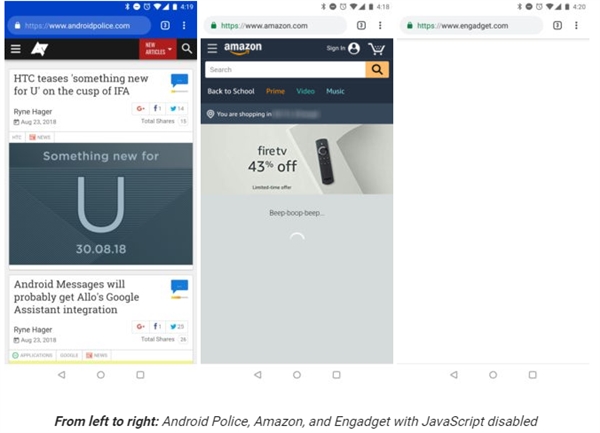

It's rare that jDownloader leaves you in the lurch. No more waiting time when you reach your daily download limit- Assign a new IP address to a free account holder of a hosting service- Simultaneously download as many files as you want, even from different hosts- Excellent premium account management for all existing hosting services- Ability to pause and resume the download whenever you want Here are some examples of the features you'll find in the program: after completion.As an example: jDownloader allow you to create very long lists of downloads, so that you can download them in sequence, one after the other, or even simultaneously, meaning you can save lots of time. Use Firefoxįirefox will download the file directly to the specified location as a.

Should I just set my cache to F:\big-files so the cache is the destination and be done with it, or is that also doomed for some reason? I think it will work because the move just needs to change the file pointer and not physically move the file, but if that's wrong, how to successfully download the file?

My question is (without downloading for days to find out): Will Chrome successfully move the file from F:\big-cache\ to F:\big-files\ when the file occupies 90% of the space available on the drive? Research suggests adding -disk-cache-dir="F:\big-cache" to the program shortcut. It appears that Chrome uses a temporary folder for downloads which would be on C:\somewhere (%appdata%\whatever) which has nowhere near enough space. On Windows 7 running Chrome browser, downloading a 3.2TB file to a USB drive say F:\big-files\ with 3.5TB free fails because "Disk Full".


 0 kommentar(er)
0 kommentar(er)
